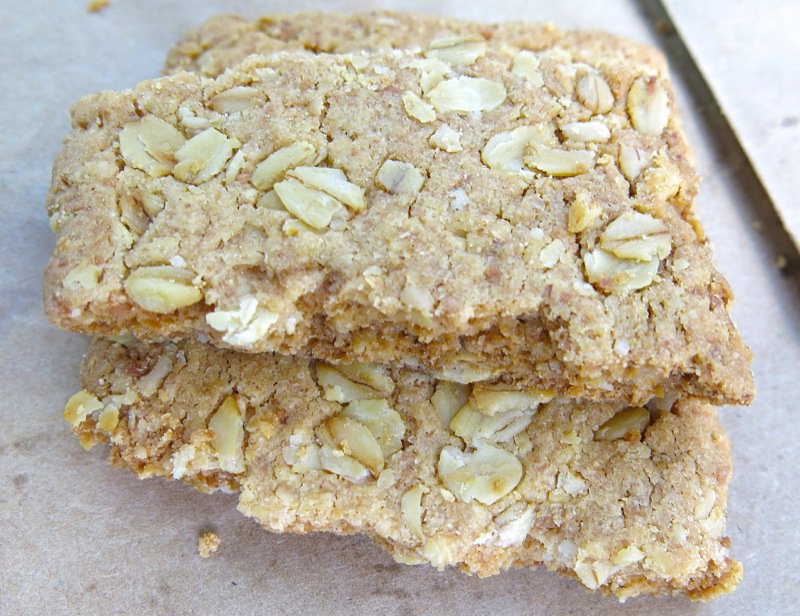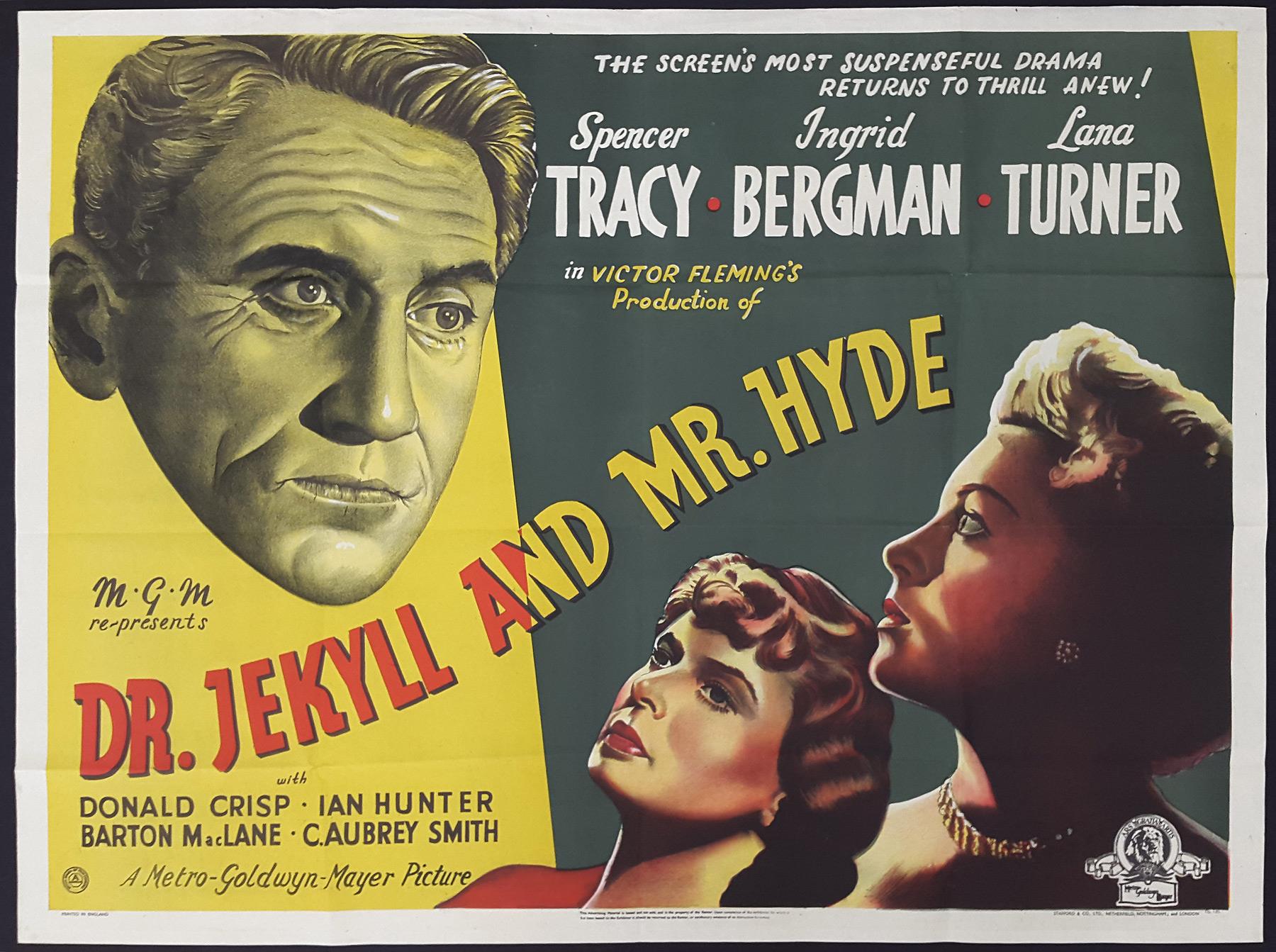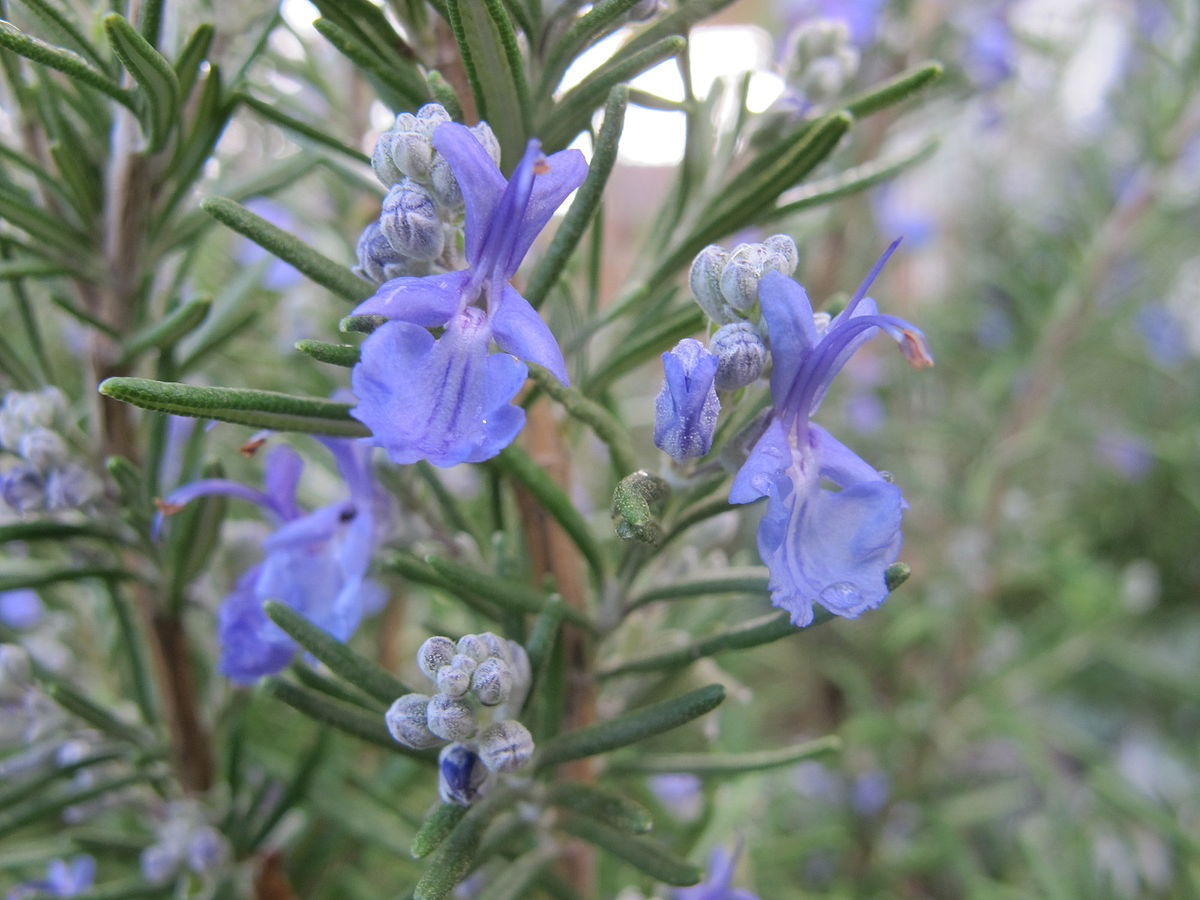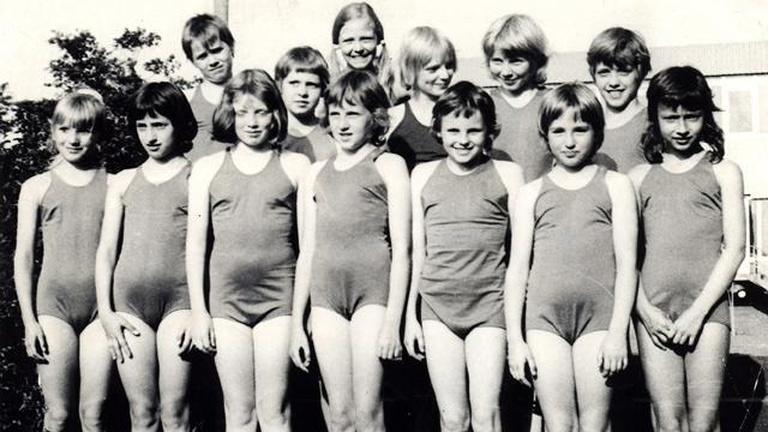If you stayed at Villa Nina Guest House in Leamington Terrace--and slept under the monkey puzzle tree,
 or were near enough to smell the McEwan's mash on brewing day,
or were near enough to smell the McEwan's mash on brewing day,
 or went to the Edinburgh Booker cash and carry for a flat of eggs or a tin of sweets,
or went to the Edinburgh Booker cash and carry for a flat of eggs or a tin of sweets,

 or ducked under the whale's jawbone arch when exiting Middle Meadow Walk you met Dr Spiegeli.
or ducked under the whale's jawbone arch when exiting Middle Meadow Walk you met Dr Spiegeli.
 It's not that he was actually in all of those places all the time, but his sense of humour was as ubiquitous as porridge. And to understand him you need to understand real Scottish oatmeal--not that he served it in his B&B, but his spirit was pervasive like the porridge, and his laugh was contagious and his smile wicked and bewitching and infectious. Now it's time to remember some aspects of Dr Spegeli.
It's not that he was actually in all of those places all the time, but his sense of humour was as ubiquitous as porridge. And to understand him you need to understand real Scottish oatmeal--not that he served it in his B&B, but his spirit was pervasive like the porridge, and his laugh was contagious and his smile wicked and bewitching and infectious. Now it's time to remember some aspects of Dr Spegeli.









































or crossed the Bruntsfield Links (where nobody ever plays golf but some occasionally engage in medieval swordplay),

Pinhead and Aga cookers and spurtle sticks
When you are going to make a good Scottish porridge, you must start by soaking the oats--pinhead, none of this rolled stuff--overnight, giving it heat on your Aga cooker in time to feed the bairns.

To stop the oats from sticking, one stirs with that uniquely Scottish utensil the spurtle.

Leftover oatmeal is spooned into a wooden drawer in the kitchen and broken out into squares during the day with a knife by hungry children in need of their oatcake snack--no petticoat tail shortbread here.


All in the Family
Bruno and Rosa were not your typical Archie and Edith Bunker--nor were they Bunkers at all. Rosa was certainly never going to stifle herself and Bruno was never going to be stuck wondering where his world had gone.


They made their way separately and unknown to each other to the North British Hotel from a Europe barely reconstructed from the War.
 Rosa had come from a family who made ornamental fountains in Cordova in Andalusia in southern Spain; Bruno's father was a coal miner from Friuli in the Tyrolean Alps in the northeast of Italy. Bruno's father had built roads for Mussolini in Libya as part of a new Roman empire, before things went badly wrong for everyone. Bruno's mother was born a citizen of the Austro-Hungarian Empire. When a schoolboy during WWII, Bruno washed the windows of a monastery with water and newspaper to earn his keep and wolfed sugar by the spoonful from his mother's cupboard when there was nothing else to eat. Rosa trod lightly in and around the bigotry of Franco's Spain. Imagine the gods' delight in a real Spanish contessa migrating in her prime to sort Jean Brodie's Edinburgh!
Rosa had come from a family who made ornamental fountains in Cordova in Andalusia in southern Spain; Bruno's father was a coal miner from Friuli in the Tyrolean Alps in the northeast of Italy. Bruno's father had built roads for Mussolini in Libya as part of a new Roman empire, before things went badly wrong for everyone. Bruno's mother was born a citizen of the Austro-Hungarian Empire. When a schoolboy during WWII, Bruno washed the windows of a monastery with water and newspaper to earn his keep and wolfed sugar by the spoonful from his mother's cupboard when there was nothing else to eat. Rosa trod lightly in and around the bigotry of Franco's Spain. Imagine the gods' delight in a real Spanish contessa migrating in her prime to sort Jean Brodie's Edinburgh!


 After the War, Bruno apprenticed in a kitchen in Paris and was later a waiter in Cologne. In these places he learned about the tempers of chefs and the impudence of the rich and the entitlement of the middle class. He also picked up bits and pieces of language so that by the time he arrived in Edinburgh he had a broad esperanto, enough, to be sure, to address the erratic temper of the Scots. Enough so that at the end of the day he could say "You get a good laugh at all this carry on"!
After the War, Bruno apprenticed in a kitchen in Paris and was later a waiter in Cologne. In these places he learned about the tempers of chefs and the impudence of the rich and the entitlement of the middle class. He also picked up bits and pieces of language so that by the time he arrived in Edinburgh he had a broad esperanto, enough, to be sure, to address the erratic temper of the Scots. Enough so that at the end of the day he could say "You get a good laugh at all this carry on"!
Edinburgh promised a new life for both Bruno and Rosa, and when they met at the North British Hotel, for Bruno at least it was love at first sight. The couple pooled their resources and bought a guest house, and there they raised their son Marco and their daughter Nina. The Villa Nina evoked a place they saw in Italy on their honeymoon, and it was Nina they named their daughter.





Edinburgh promised a new life for both Bruno and Rosa, and when they met at the North British Hotel, for Bruno at least it was love at first sight. The couple pooled their resources and bought a guest house, and there they raised their son Marco and their daughter Nina. The Villa Nina evoked a place they saw in Italy on their honeymoon, and it was Nina they named their daughter.

Eggs any style
You can't understand the Villa Nina or Bruno without appreciating that after cracking a half a million eggs that were served any style to patrons, Bruno considered himself a doctor of eggs--Dr Spiegeli--a title suited to a man largely trained in the school of life.

Blue Kool-Aid
Dr Spiegeli is with us still, laughing at kids drinking a vivid blue juice that was neither carbonated and soft like Irn Bru (as the ad goes, made in Scotland from girders from the Forth Road Bridge!) nor fruit flavoured, because the colour we're talking about doesn't exist in nature, and one wonders whether that's why they are sipping it in the first place, or whether we should be asking where the parents were when that stuff was made and sold in the first place. It wasn't blue Kool-Aid--because that at least purported to be blue raspberry, although I don't remember ever having seen one of those either (a real blue raspberry, I mean).




The olive branch
Dr Spiegeli had many lessons to give. There was the olive branch he brought back from a road trip on the continent. The branch was gnarly and like a club, fit for the labours of Hercules--and when you were handed the olive branch it was a gesture of peace that was hard to refuse!

The philosophy of the pint
When contemplating the Scots with their penchant for quarrels at weddings and funerals--in this sense so like the Italians--and things that made no sense (like ticketing a car with no tires or complaining when they had a day without rain), Bruno reckoned that the Scots lived by the philosophy of the pint and the bridie--something like a Cornish pasty--a pastry filled with minced beef and mashed potatoes and chopped onion or a handful of peas or the odd kernel of sweet corn or bit of wax bean.
The nub of the philosophy of the pint is this: if you can't pack up all your troubles in your old kit bag, or tell a story about them, you can surely numb the pain with a pint and a bridie, come what may.
The nub of the philosophy of the pint is this: if you can't pack up all your troubles in your old kit bag, or tell a story about them, you can surely numb the pain with a pint and a bridie, come what may.


Marco Aurelio
Bruno subscribed to the Stoic philosophy of Marcus Aurelius, or Marco Aurelio, as he affectionately called him. Marcus Aurelius's Meditations begins with the phrase, My son Marcus, and Marco was the name Bruno gave to his son. In the suffering and troubles that befell the whole family during Marco's long illness and passing, Bruno was badly in need of Aurelio's wisdom of fearing not, of not worrying about things you can't control, of putting one foot in front of the other like a prudent general, and of accepting the gifts of the Holy Spirit as and when they came--whatever those gifts were, and whether or not you understood them, and whether they were to your taste "or no".

Davey Hume
Dr Spiegeli was fond of the Scottish philosopher David Hume, whom Dr Spiegeli called Davey. He also got his picture taken beside the statue of Hume across from Deacon Brodie's Tavern on the Royal Mile in Edinburgh. Brodie's is named after the central character in Robert Louis Stevenson's novel Dr. Jekyll and Mr. Hyde. The real Deacon Brodie was a cabinet maker by day and a cat burglar by night.







Fawlty Towers
In some ways, running Villa Nina was for Bruno and Rosa like being Manuel and Polly in Fawlty Towers, keeping the punters happy and the business alive. But of course, like the housewife in Morningside told her counterpart in Newington there were no ray-its, just mice!
East German athletes
Occasionally there came a visitor to the Guest House strongly recommended by the Scottish Tourist Board who had to be driven to a different B&B on the basis of sanity and fit. Such was the case of the East German Olympian, evidently a product of state sponsored doping, who arrived, apparently, with more than rock solid biceps and hair under her arms. Perhaps it was 'roid rage that possessed her. Whatever it was, she chucked her mattress out the window, did calisthenics in her empty room and climbed the tree in the back of the garden as if she were in training for the next set of games. Some behaviours cannot be accommodated even in a guest house. You can't pay enough to receive that kind of service. So Bruno found her another play to lay her head and carried her bags and passed on the torch to another innkeeper, equally keen on the custom, if not the customer!The Portbello picker
Among the pastimes of Dr Spiegeli was hunting for mushrooms in the Pentland Hills near Nunraw Abbey, where the kettle was always on and you could get homemade chocolate chip cookies and a cup of tea and counselling, just as much as you liked.


 The advice he gave, which was published in a newspaper article at the time, was to tread lightly across private property (to tread lightly is not to trespass), to pick responsibly (selecting the right kind, and only as many as you were prepared to cook, leaving as much and as good leftover for others), and not to cut any fence or dispose of any waste along the way. Dr Spiegeli later revised his tips, suggesting it would be wise to carry a cell phone in case you fell and needed help to be carried out of the woods. The advice applied even if you picked with your partner, as Bruno always did.
The advice he gave, which was published in a newspaper article at the time, was to tread lightly across private property (to tread lightly is not to trespass), to pick responsibly (selecting the right kind, and only as many as you were prepared to cook, leaving as much and as good leftover for others), and not to cut any fence or dispose of any waste along the way. Dr Spiegeli later revised his tips, suggesting it would be wise to carry a cell phone in case you fell and needed help to be carried out of the woods. The advice applied even if you picked with your partner, as Bruno always did.
The beautiful portobellos could be used for anything, but were especially good in risotto, which was an everyday dish, made special with the addition of fresh picked mushrooms.



The beautiful portobellos could be used for anything, but were especially good in risotto, which was an everyday dish, made special with the addition of fresh picked mushrooms.




Spaghetti Bolognese on the Leith Walk
Before the movie Trainspotting made Leith Walk famous for drugs, Leith Walk played host to drunken punters singing in the street on their way home from the pub or a football match. There John Costa ran his fish and chip shop, serving spaghetti Bolognese (minced beef cut with risotto), requiring payment up front and dishing up a ladleful of hot fat on fans who smashed a window in their exuberance after a lost match.

Dr Spiegeli
Other ways Dr Spiegeli watches over us still--the rosemary still grows in Leamington Terrace, as does the Emily rose. Bruno picked fresh rosemary--the rose of the sea--to garnish a weekday meal. The herb was grown in ancient Rome. It was a natural pesticide and was closely associated with memory, being used at weddings and funerals.


The Emily rose was a gift of my daughter Emily Frances, who liked to visit Bruno and watch him project his voice and talk with his hands and offer a chocolate with coffee. Sometimes Emily brought him Garibaldi biscuits--like a fig newton, but filled with currants--but one special time she brought him a red, red rose to remember her by.


Emily used to collect in her sun hat fallen rose petals in the Royal Botanic Garden Edinburgh and use them to scent her sandbox after she had enjoyed their silky touch and and mystical fragrance herself. Now Emily herself is expecting and will one day give a rose that her child will live in the heart of a neighbour or a friend.


In memoriam Bruno Cecco





Comments
Post a Comment